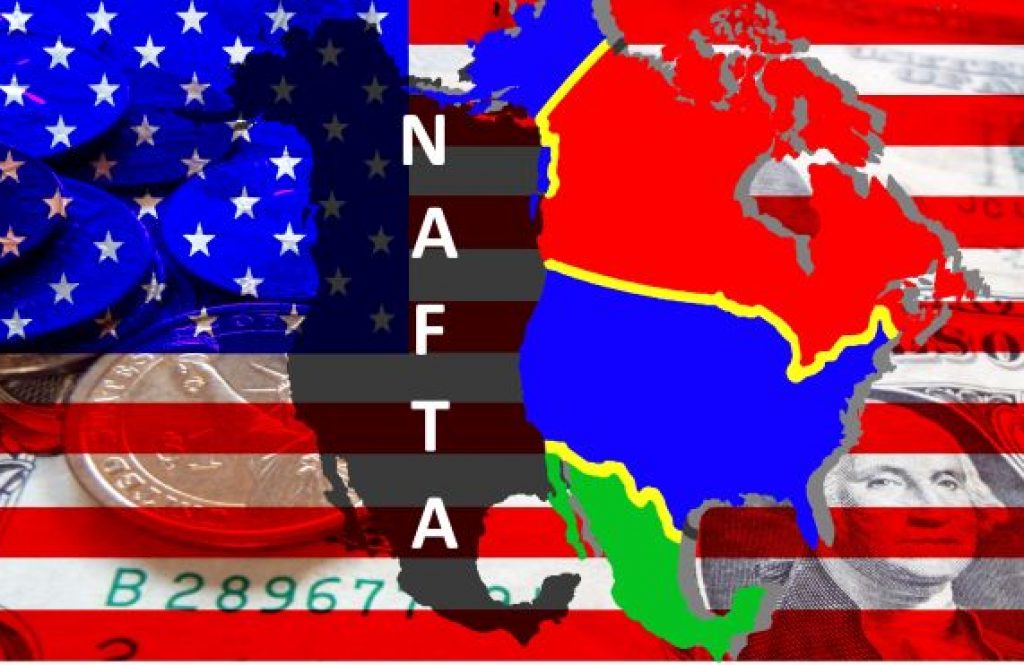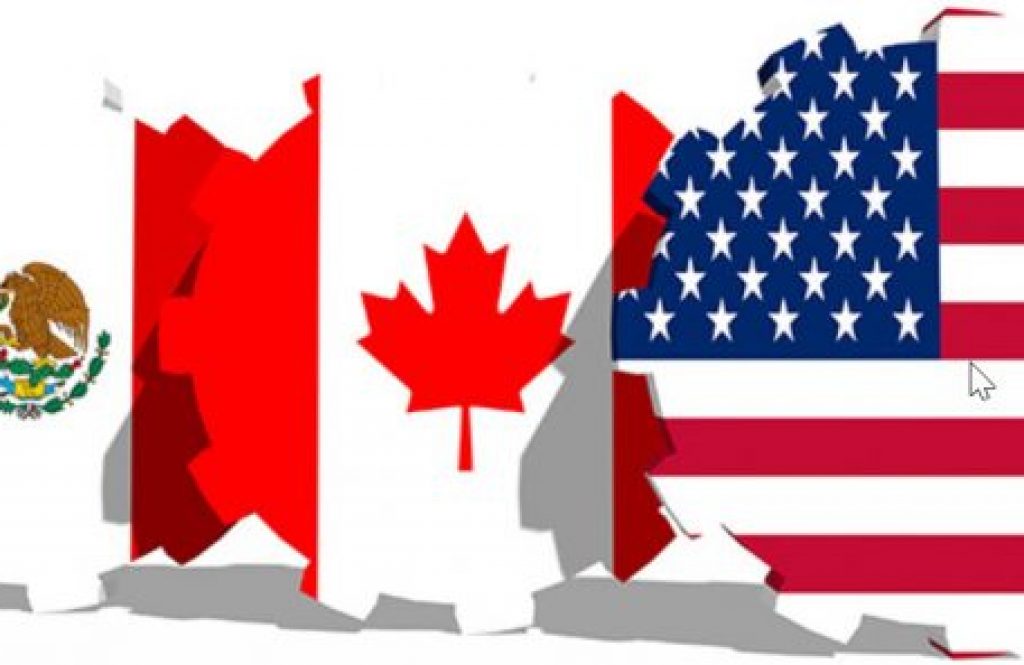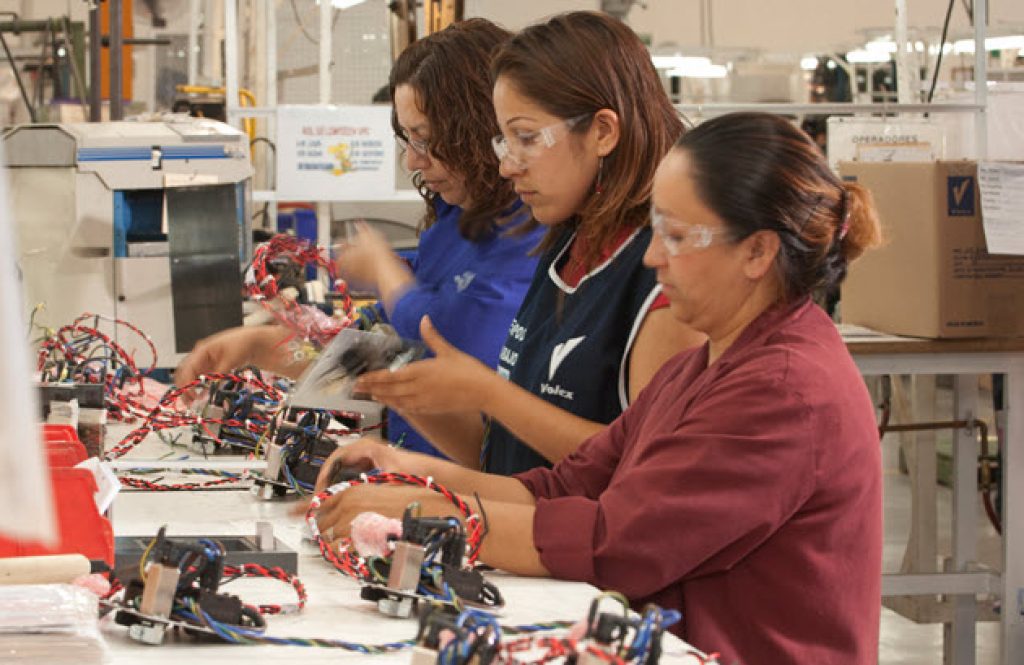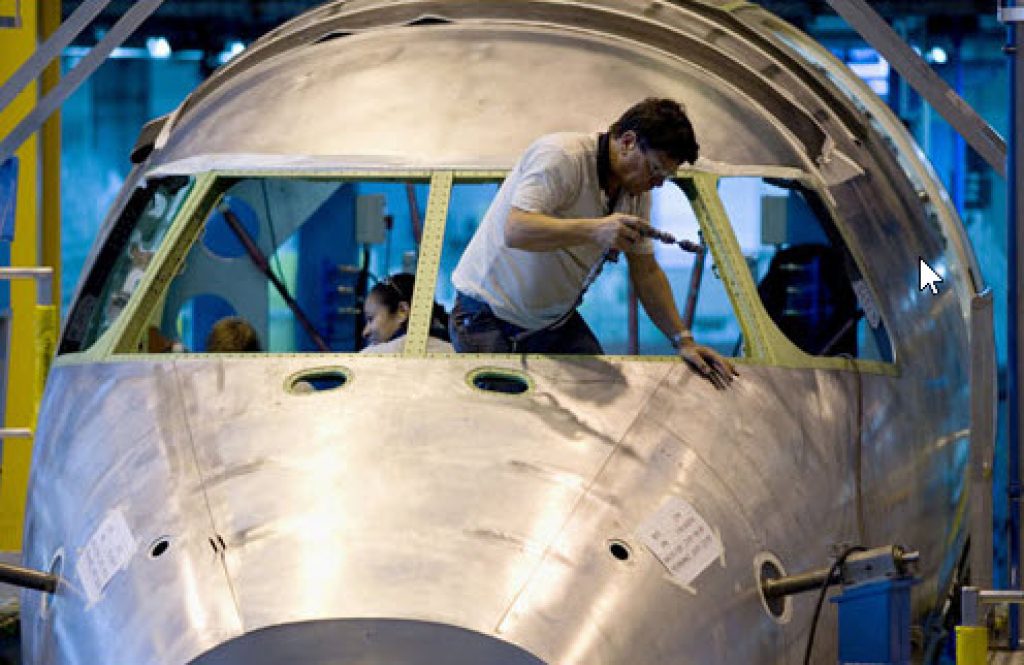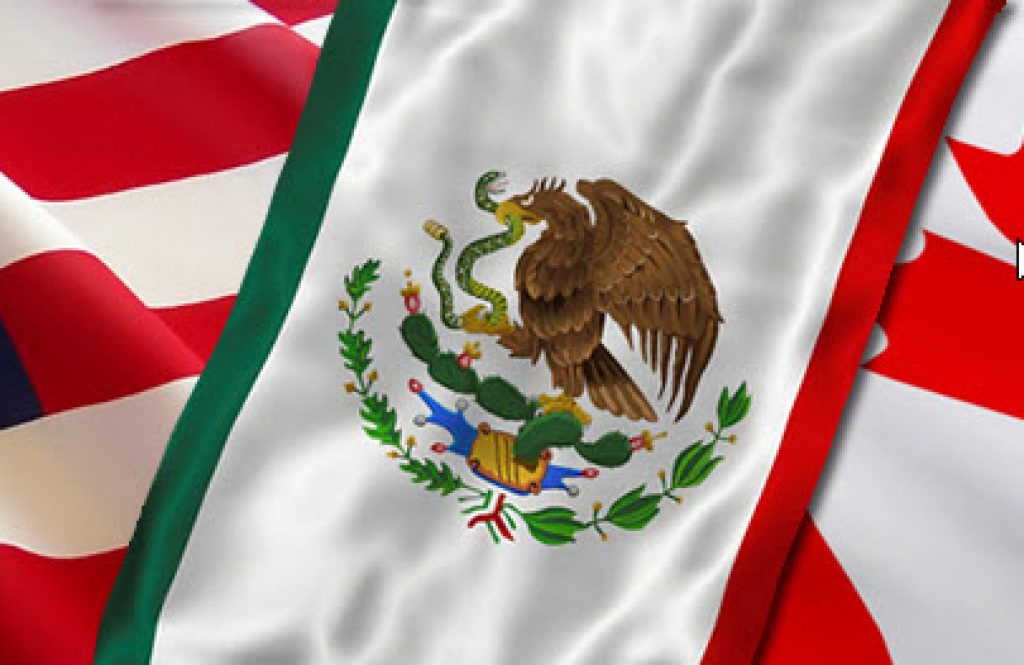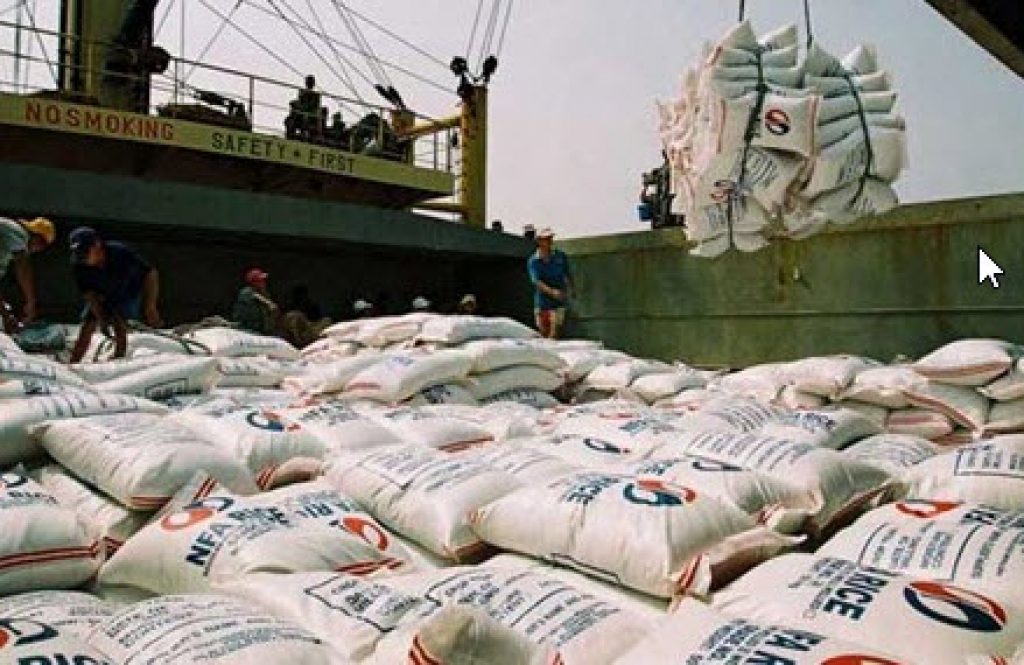A Reworked NAFTA from the Mexican Perspective
Since NAFTA was instituted in 1994, the volume of trade between the Mexico, the United States and Canada has increased by a factor of three. In 2016, tariff-free trade among the countries was valued at approximately eighty billion US dollars. Fourteen percent of global trade is now conducted under the umbrella of NAFTA Rules. Although trade has experienced exponential growth as a result of the accord, a reworked NAFTA is necessary to bring the tripartite free trade agreement up-to-date.
For the United States, Canada and Mexico, there are benefits and potential pitfalls, as well as objectives and goals associated with the imposition of a reworked NAFTA. This article will take a view of the subject from Mexico’s perspective. Initially, it will examine the conditions under which Mexico will negotiate with its partners. Secondly, it will enumerate some of the pluses that Mexico can potentially gain by renegotiating NAFTA favorably, and, finally, it will consider several potential pitfalls that may be present.
A REWORKED NAFTA: MEXICO’S CONDITIONS
Mexico’s Economic Secretariat (SE) has presented the circumstances under which it is willing to establish a reworked NAFTA. The following five items have been communicated by Mexican government trade and commerce officials as those that are of most importance.
Mexico will do no renegotiating of the NAFTA if the imposition of duties is included: In a recent discussion with Bloomberg, Idelfonso Guajardo, Mexico’s Secretary of the Economy, (SE), declared that his country would withdraw from negotiations should the United States commit itself to imposing tariffs or any quotas on any of its imports from Mexico.
Mexico, the United States, and Canada will coordinate their efforts to further do away with non-tariff protectionist barriers that have remained in place until the present: Mexico’s Economics Secretary made it clear in recent public pronouncements that it is his government’s stance that the maintenance of barriers to trade is not in the interest of the NAFTA member nations.
Any reworked NAFTA must include sections on the environment and labor: At the last meeting of officials of Asia-Pacific Economic Cooperation (APEC) countries, Mexico’s President, Enrique Pena Nieto, declared that any renegotiation of the NAFTA would have to include talks in both of these critically important areas.
A recognition of the mutual value of the NAFTA by the government of newly elected President Donald Trump: Since his campaign, Trump has been a harsh and vocal critic of NAFTA. Mexico’s Economics Secretary, Ildefonso Guajardo, recently stated that Washington’s recognition of the benefits for both countries of the North American Free Trade Agreement “is a must.”
Finally, a reworked NAFTA must produce a “win” for all parties: Mexico’s president, Enrique Pena Nieto, emphasized that negotiations between Trump and Trudeau administrations and Mexico would be adhere to five guiding principles that include: the preservation and strengthening of national sovereignty, a greater regional integration and a comprehensive renegotiation of the twenty-three year old accord, a respect for jurisprudence in each of the three countries, as well as the maintenance of an overall constructive vision for the future of the agreement. Conditions for Mexico’s coming to the negotiating table include the following provisions:
POTENTIAL DOWNSIDES OF A REWORKED NAFTA
At the outset of NAFTA talks, which started on August 16 of the present year, officials from the US’ southern neighbor, emphasized that negotiating a bad treaty would be a negative for the country’s overall well-being and economic health. More to the point, a suboptimal deal would have an adverse effect on at three of the primary and foremost areas of the nation’s economy.
To start with, a poorly negotiated NAFTA could have a negative impact on the country’s ability to attract a larger share of global foreign direct investment (FDI). Companies, primarily from the United States, bring their capital and know-how to Mexico for producing within its borders to gain access to markets in which that country’s products enjoy preferential treatment. Mexico has a grouping of 10 free trade accords which constitute the framework that governs trade between itself and forty-five different nations. Additionally, Mexico is party to the Trans-Pacific Partnership Agreement (TPP), has thirty-two Reciprocal Investment Promotion and Protection Agreements (RIPPAs) with thirty-three nations, nine trade accords (Economic Complementation and Partial Scope Agreements) within the framework of the Latin American Integration Association (ALADI),
Secondly, a bad outcome of renegotiating NAFTA would be the negative effect that it would have on the growth of Mexico’s gross national product (GNP). The country’s Economic Secretariat cites information from the International Monetary Fund (IMF) that asserts that “the negotiated imposition of unilateral import taxes and other non-tariff barriers to trade and commerce would have a negative impact on imports to the United States, and would be a drag on the further expansion of the Mexican economy.”
Lastly, a downside that Mexico would most likely face resulting from a disadvantageously renegotiated NAFTA would be the loss of exports. This would be provoked by the imposition of tariffs on certain products by all parties to the agreement. Should this happen Mexico’s Economic Secretariat (SE) prognosticates that, going forward, only thirty-five percent of goods shipped to the Canada and thirty-four percent of items sent to the United States would be free of duties. This would adversely affect the competitiveness of Mexican made products in both the US and Canadian markets.
POTENTIAL BENEFITS OF A REWORKED NAFTA
On the opposite side of coin, along with the possible risks of a reworked NAFTA, it is important to be aware of the benefits that a renegotiation of the twenty-three-year-old agreement could result in. The following are five areas in which Mexico could experience a positive result:
- Investment – The opening of Mexico’s energy sector will be the impetus for large-scale investment by the US and global companies.
- Negotiations – A newly revised North American Free Trade Agreement would open the possibility that, in the future, the three countries negotiate further trade agreements as a bloc.
- Energy Industry – Mexico, the US, and Canada all have highly developed energy sectors that represent great opportunities. When the NAFTA was first put into place Mexico was not able to exploit them.
- Migration – Migration is a topic that was not addressed in the first version of the NAFTA. Renegotiating NAFTA may present an opportunity to propitiate the integration of the three nation’s labor markets, and prove to be a mechanism for the establishment of guest worker programs.
- Agroindustry – Although some agricultural products such as corn, apples, and pears were replaced in Mexico by US product, Mexico has an opportunity to market more of its harvest in the US should it make the effort and required investment in updating its technology and means of production.


